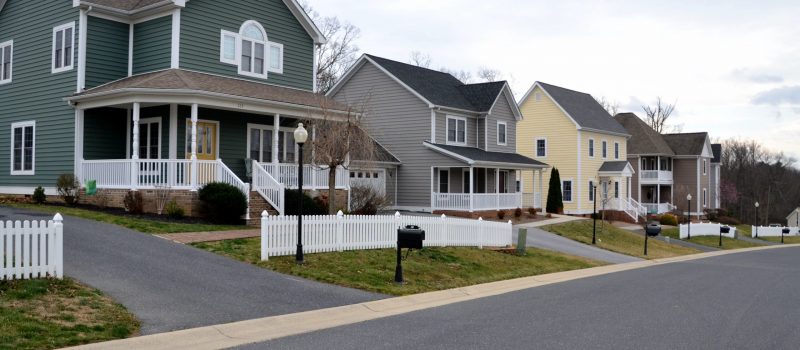One of the most pressing concerns for individuals contemplating divorce in Massachusetts is the question of which spouse gets to remain in the marital home during and after the divorce proceedings. This issue carries significant implications for various aspects of life, including work, children, and daily routines. As family law attorneys, we understand the importance of addressing these concerns and providing clarity on this complex matter. We offer insights and guidance to help spouses navigate the challenges associated with remaining in the marital home during and after divorce.
Understanding the Legal Framework
In Massachusetts, the question of who gets to stay in the marital home during divorce is often determined by a combination of factors, including the specific circumstances of the case and the preferences of the parties involved. Unlike some states where the marital home is automatically considered community property, Massachusetts follows the principle of equitable distribution, which means that marital assets, including the marital home, are divided fairly but not necessarily equally.
Temporary Orders and Temporary Living Arrangements
During the divorce process, spouses may seek temporary orders from the court to address living arrangements and other pressing issues. These temporary orders can specify which spouse gets to remain in the marital home while the divorce is pending, as well as provisions for temporary child custody, visitation, and financial support. Temporary orders provide a framework for maintaining stability and addressing immediate needs during the divorce process.
Considerations for Custody and Parenting Plans
When children are involved, decisions about living arrangements become even more complex. Massachusetts courts prioritize the best interests of the children when determining custody and parenting plans. In many cases, the parent who has primary physical custody of the children may be granted the right to remain in the marital home to provide stability and continuity for the children. However, every case is unique, and the court will consider various factors, including each parent’s ability to provide a stable and nurturing environment for the children.
Financial Considerations and Property Division
The decision of who gets to stay in the marital home may also be influenced by financial considerations and property division. If one spouse is financially dependent on the other, they may have a stronger claim to remain in the marital home, especially if they lack the financial resources to secure alternative housing. Additionally, the marital home is often one of the most significant assets to be divided in a divorce, and the court may consider factors such as each spouse’s contributions to the acquisition and maintenance of the home when making decisions about property division.
Legal Guidance and Advocacy
Navigating the complexities of remaining in the marital home during and after divorce requires experienced legal guidance and advocacy. If you’re facing questions or concerns about remaining in the marital home during divorce, we’re here to provide the professional guidance and strategic advocacy you need.
Contact us today for a case evaluation and learn more about how we can assist you in navigating the challenges of divorce while protecting your rights and securing your future.





